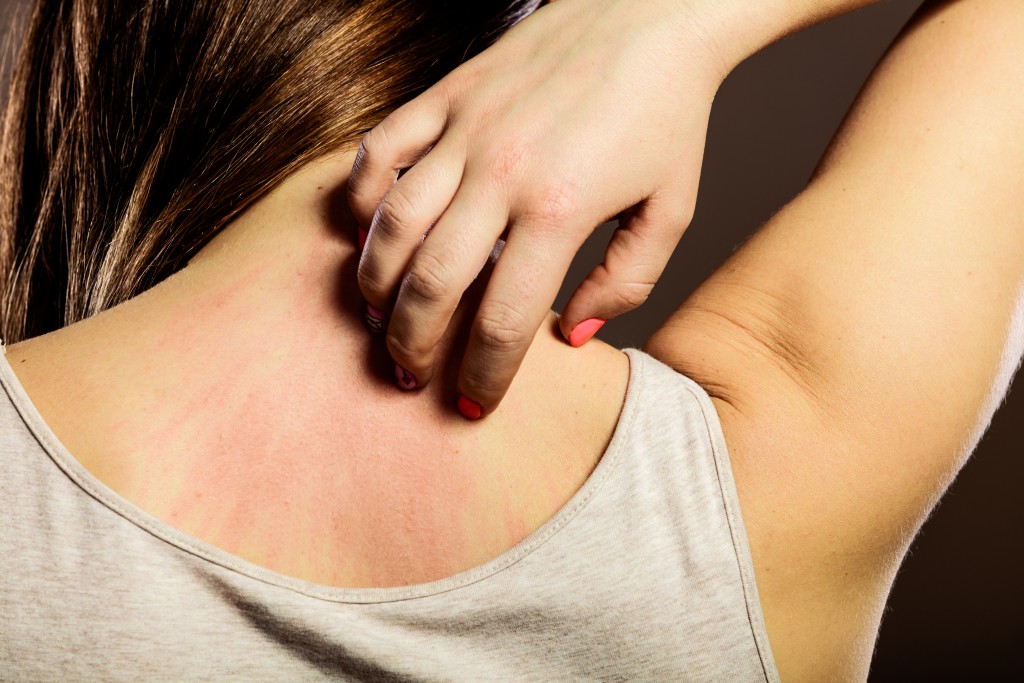A form of eczema, contact dermatitis is a skin reaction that is caused when the skin comes in contact with an allergen or irritant. When this occurs, the affected area becomes itchy, dry, red, swollen, and blistering. It may also come with a stinging or burning sensation.
But, contact dermatitis symptoms could change, getting worse or lessening at different times. Your local dermatologist or skin care specialist in Salt Lake City can help you pinpoint exactly what is triggering your contact dermatitis episodes. Below are some triggers that you may not be aware of.
Dust
Irritants that are airborne and very prevalent like dust can easily trigger contact dermatitis in some individuals. Yes, it is extremely difficult to avoid coming in contact with dust or dusty environments. However, you can try to protect yourself by putting on a moisturizer that contains ceramides. This ingredient will serve as a barrier to your skin.
Laundry Detergent
While very rare, there is a possibility that ingredients in certain laundry detergents can cause rashes. Some household products and personal care items can trigger contact dermatitis, too. Usually, added fragrance, synthetic or not, is the culprit.
Shampoo
Are you aware of the many ingredients that a typical shampoo contains? It could be worthwhile if you are constantly having episodes of contact dermatitis and could not pinpoint the triggers. The National Eczema Foundation states that cocamidopropyl betaine and isothiazolinones, which are common ingredients in shampoos, can negatively affect your skin.
Swimming Pool
Generally speaking, swimming pools can dry out sensitive skin, triggering a rash or aggravating an existing one. And for some individuals, chlorine can easily irritate their skin, leading to contact dermatitis. If this is the case for you, make sure to rinse thoroughly after swimming in a pool and apply a moisturizer to safeguard your skin.
Latex
With latex, some individuals might not experience a reaction right away. It could take many years of coming in contact with a material or substance for contact dermatitis to develop. For example, if you are a nurse who wears latex gloves virtually round-the-clock while working, your body could develop an allergy to latex and in turn, contact dermatitis.
Certain Metals
When it comes to contact dermatitis, nickel is one of the most common metals that can trigger symptoms. Even the seemingly harmless belt buckles, metal snaps, and buttons on pants, and jewelry can cause contact dermatitis symptoms because of their nickel content.
Wrinkle-Resistant Fabrics
You are probably aware how bad formaldehyde is for your overall health, so it may shock you to know that some of your clothes may have formaldehyde. This potent chemical is typically in clothing labeled as wrinkle-proof or permanent press.
It is immensely crucial to note that experiencing a rash due to contact dermatitis does not automatically mean that you are allergic to a certain irritant. Usually, simply avoiding a known irritant might clear up the rash. However, if your rash continues to persist or gets worse, consult your dermatologist to determine the root cause of your contact dermatitis episodes.
